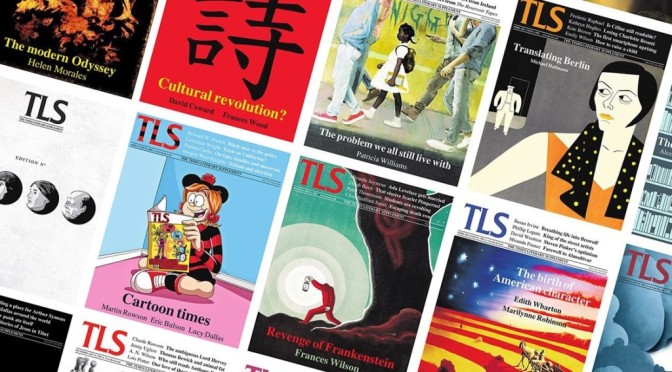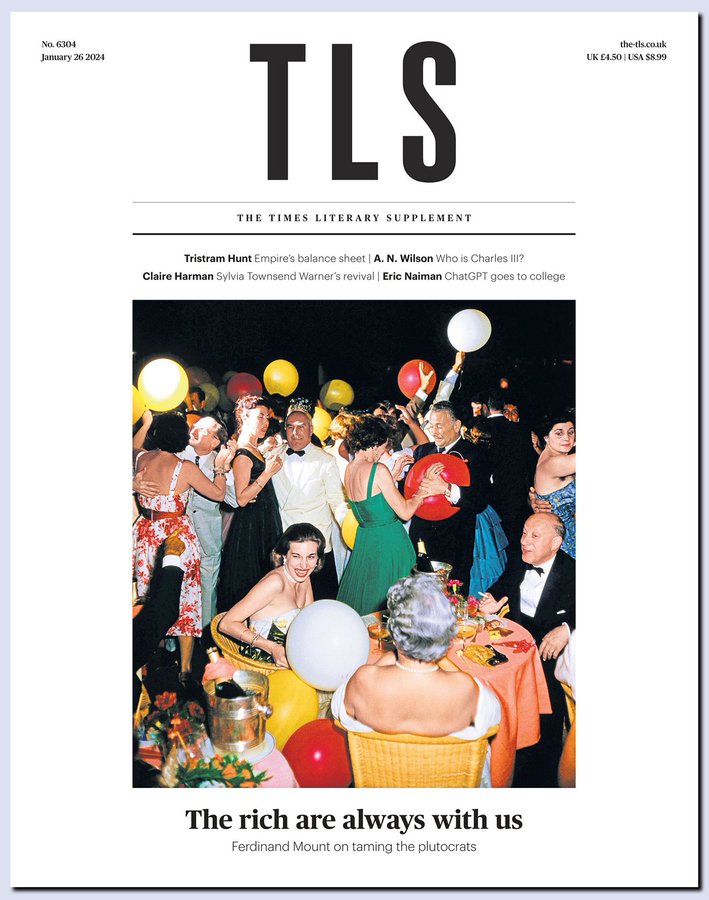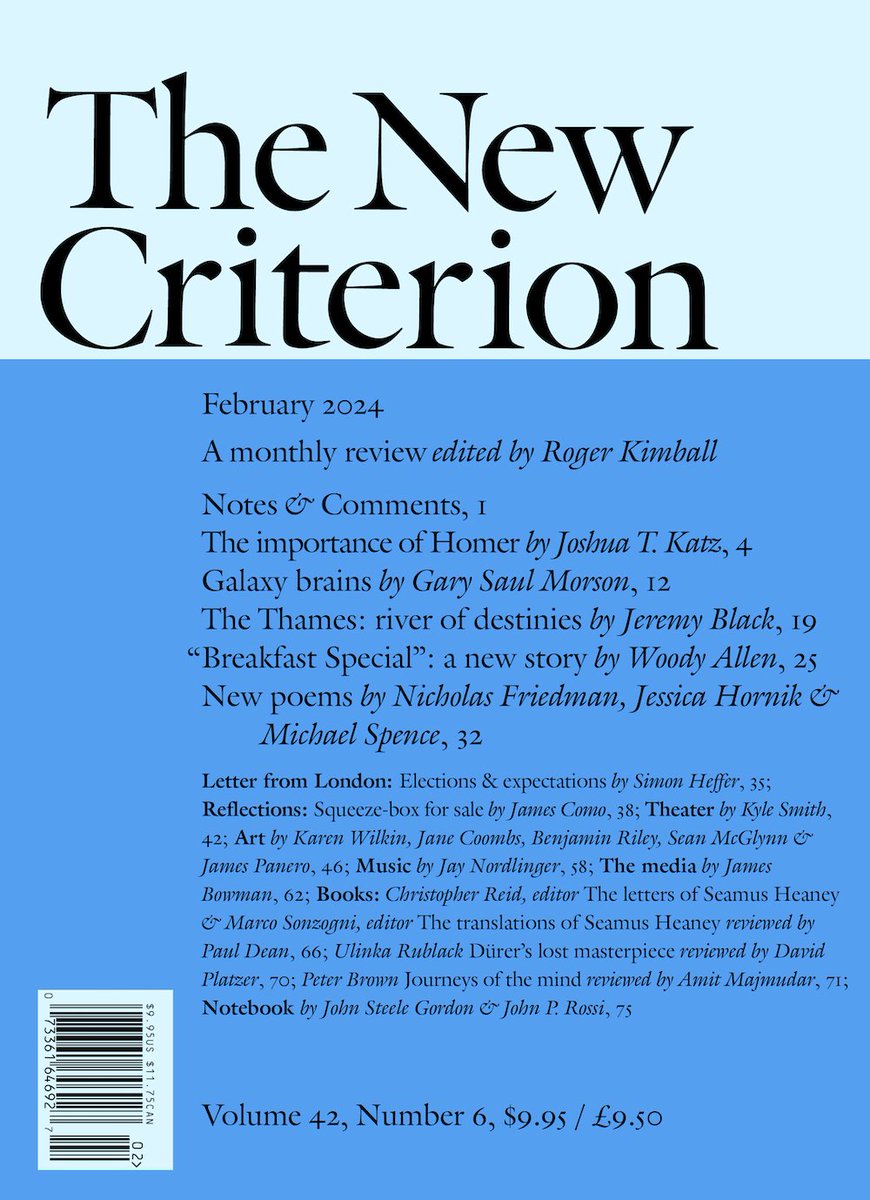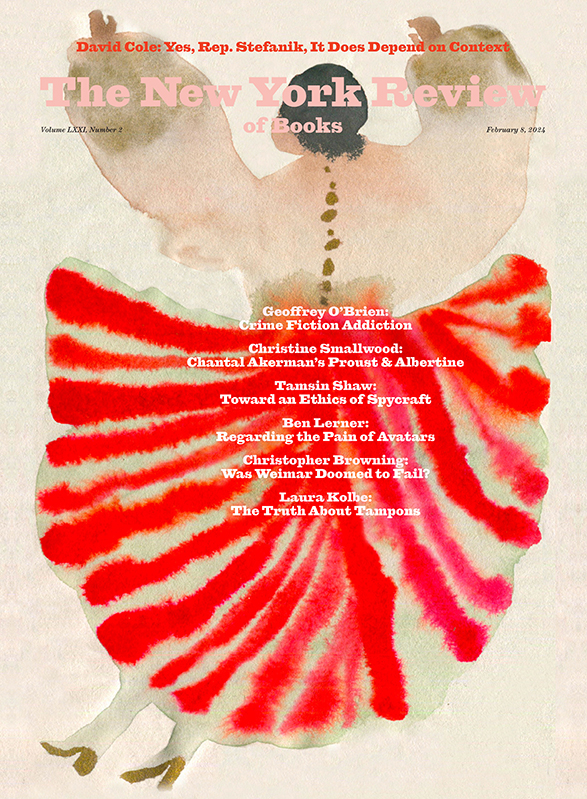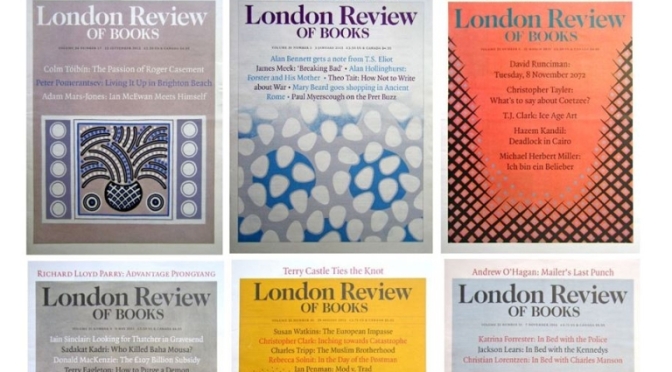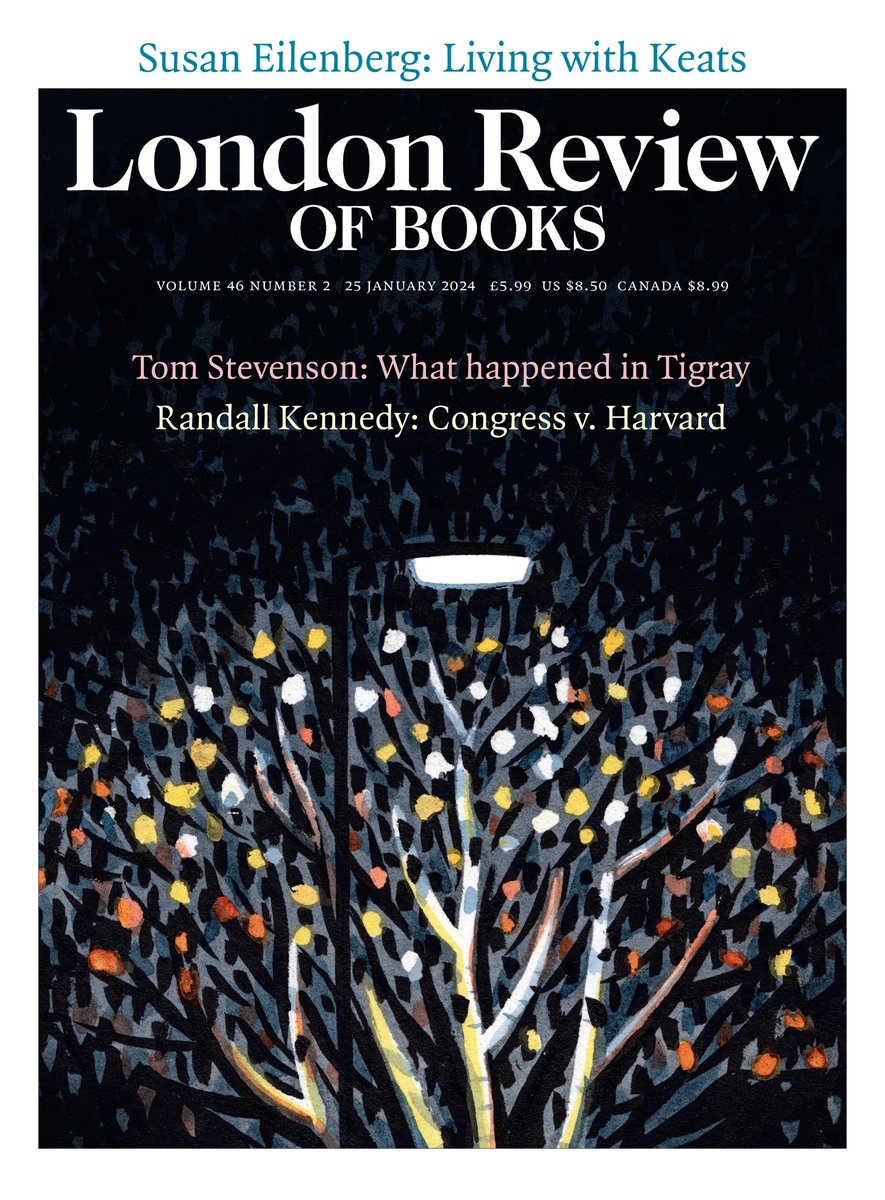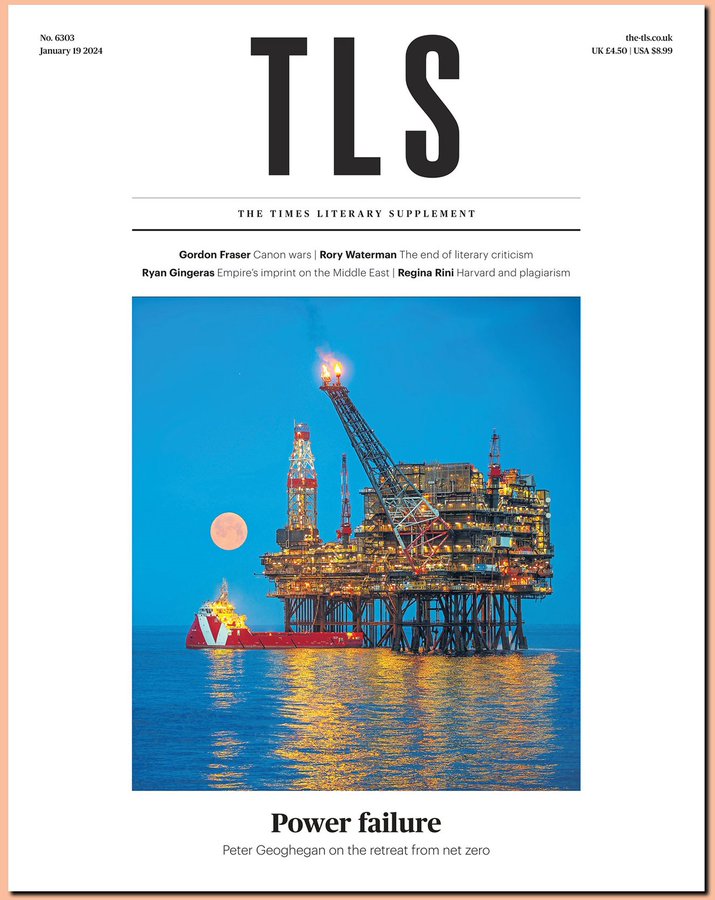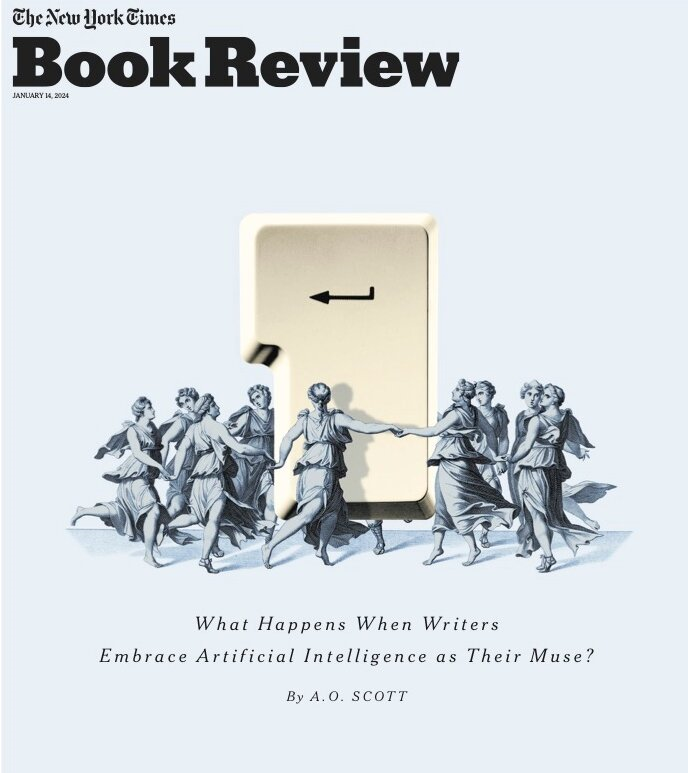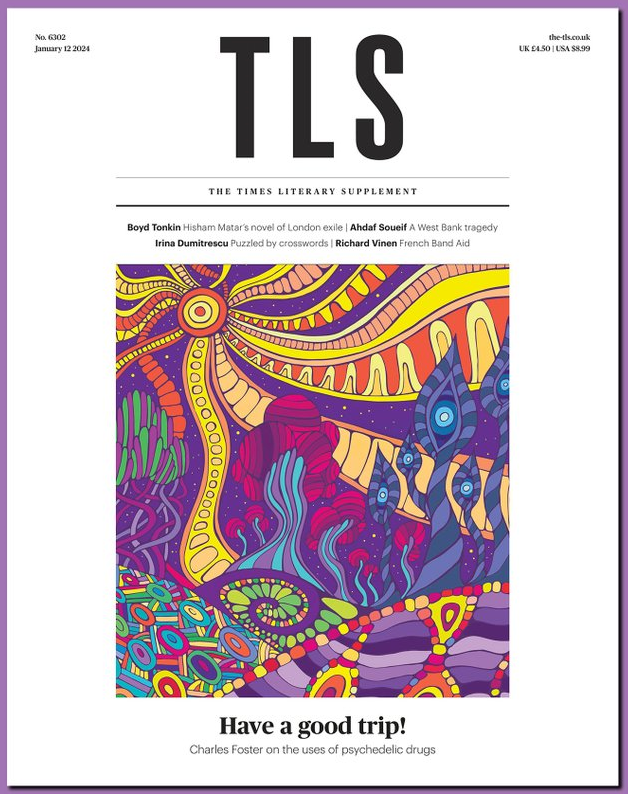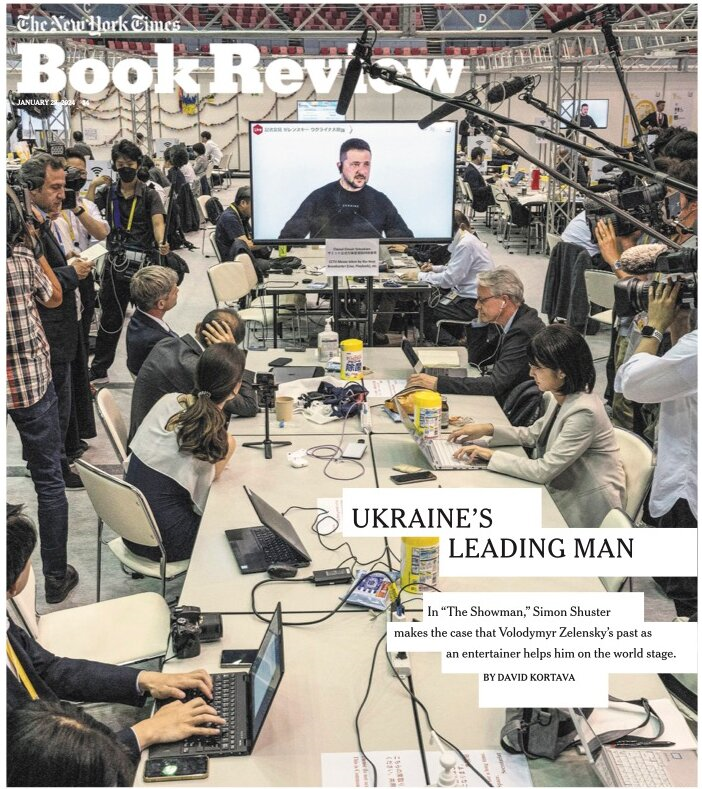

THE NEW YORK TIMES BOOK REVIEW (January 26, 2024): The latest issue features ‘Ukraine’s Leading Man’ – In “The Showman”, Simon Shuster makes the case that Volodymyr Zelensky’s past as an entertainer helps him on the world stage…
Volodymyr Zelensky’s Greatest Performance

In “The Showman,” the journalist Simon Shuster trails the entertainer-turned-wartime president as he rallies the world for support.
By David Kortava
THE SHOWMAN: Inside the Invasion That Shook the World and Made a Leader of Volodymyr Zelensky, by Simon Shuster
Nine months into Russia’s full-scale invasion of Ukraine, in 2022, the Time magazine correspondent Simon Shuster caught a ride on a presidential train that few, if any, journalists had seen from the inside. In a private carriage, with the blinds drawn, Volodymyr Zelensky was fueling up on coffee during a trip to the frontline. He’d been reading about Winston Churchill, but with Shuster he’d sooner discuss another key World War II figure: Charlie Chaplin.
“He used the weapon of information during the Second World War to fight against fascism,” Zelensky said. “There were these people, these artists, who helped society. And their influence was often stronger than artillery.”
Mightier — and Meaner — Than the Sword
Emily Cockayne’s “Penning Poison,” a history of anonymous letters, reveals the ways we’ve been torturing one another, verbally, for centuries.
The Rise and Fall and Rise of San Francisco
Two books — “The Longest Minute,” by Matthew J. Davenport, and “Portal,” by John King — examine the City by the Bay’s resiliency from very different angles.


